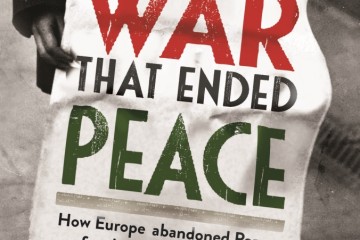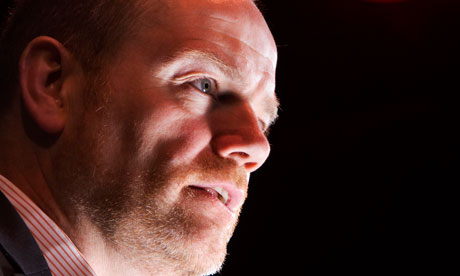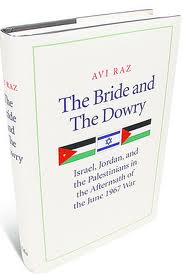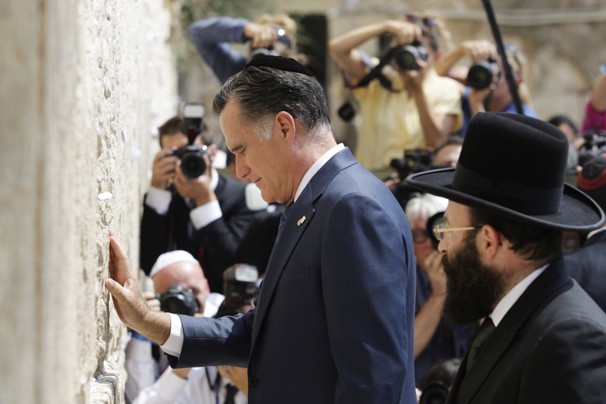
Margaret MacMillan “The War that Ended Peace”
This month, which sees the centenary anniversary of the outbreak of World War I, is a time of reflection and remembrance for Europe. It is therefore an appropriate time for Politics in Spires to review Professor MacMillan’s recent book on this origins of the First World War, The War that Ended Peace. Below is an interview with Margaret Macmillan and a review by her interviewer, Katharine Brooks. The War that Ended Peace can truly be termed a masterful work of scholarship, detailing the origins of the war in both outstanding breadth and depth. The book does not tell a new story of the origins of World War I, but it does tell a more intimate one. Macmillan manages to synthesise a consideration of the …

Exit Strategies and State-Building
Richard Caplan’s new book, Exit Strategies and State Building, fills a noticeable void in the otherwise rapidly expanding literature on international state-building. Despite the volume of scholarly attention dedicated to issues of peace- and state-building of recent decades, relatively little consideration has hitherto been given to questions regarding the “end game” of post-conflict state-building operations. This book seeks to address that gap and, therein, examine one of the most contentious issues for any state-building operation; the decision of when and how to leave.
Exit Strategies and State Building comprises a collection of chapters written by expert academics in the field and high-level practitioners with extensive experience on the ground during these missions. It is therefore both a well-informed and rounded contribution to the literature and essential reading both for scholars of post-conflict state-building and policymakers alike.

Exit strategies and state building: an interview with Richard Caplan
Professor Richard Caplan, of the DPIR, Oxford, and editor of the new book Exit Strategies and State Building, talks to Politics in Spires about the book itself, the practice of internationally-led state-building and strategies for exit. In this interview, Professor Caplan talks about the practical and normative changes that have taken place in the international arena which this book has responded to and deals with some of the most pertinent issues faced by the international community when attempting to undertake state-building projects.

Bernard-Henri Levy on Humanitarian Intervention
One of the leaders of the ‘Nouveaux Philosophes’ movement in 1976, Levy has made contributions to many areas of philosophy. However, he has recently gained notoriety for his prominent and influential opinions regarding humanitarian intervention. As a man with a penchant for war zone tourism, Levy has trotted the glob in response to each new outbreak of conflict; ostensibly in order to attract public attention to the issue (and, arguably, to himself); each time proclaiming his solution to the crisis within a few weeks of arrival. That solution is frequently very similar – the West must intervene.

Defending the Indefensible: An interview with Dani Dayan, outgoing head of the Judea Samaria and Gaza Council
Last Friday, the Oxford Union hosted the first in a series of talks entitled “Head to Head” organised by and filmed for Al Jazeera. In this first talk, Al Jazeera’s Mehdi Hassan interviewed the outgoing head of the Yesha Council, Dani Dayan on the subject of Israeli settlements and the prospect for peace between Israel and Palestine. The Yesha Council is an umbrella organization of municipal councils of Jewish settlements in the West Bank and constitutes a formidable force within Israeli politics, pressing mainly for continuity of the settlement program. The talk presented a unique opportunity to question a leading defender of what many regard as one of the most flagrant and persistent breaches of international law by a democratic state today.

Mark Thompson: The Cloud of Unknowing
This week, Mark Thompson, former Director General of the BBC, gave a series of three lectures as part of his Humanitas Visiting Professorship in Rhetoric and the Art of Public Persuasion, in honour of Philip Gould. These lectures were all centred around the theme of how the language and tone of public debate has changed in recent years in ways that have been detrimental to the cause of public understanding and has created a ‘cloud of unknowing’ within the wider public regarding matters of civic policy.

The Bride and the Dowry: Israel, Jordan, and the Palestinians in the Aftermath of the June 1967 War
On Wednesday 24th October, Oxford’s Dr Avi Raz delivered a talk at the DPIR in order to launch his new book, “The Bride and the Dowry: Israel, Jordan, and the Palestinians in the Aftermath of the June 1967 War”. The book – an expansion of his doctoral thesis – is a well-researched account of events surrounding one of the most important periods in the history of the Middle East: one which saw Israel secure a resounding victory over the Arab armies in the six day war, therein gaining territory 3 times the size of its nation and, after 2000 years, returning a united Jerusalem to Jewish authority.

Romney’s Foreign Policy: Careless rhetoric matters
A few days ago, Alexander Ewing posted a “firm riposte” to my blog which criticised Romney and his entourage for their neo-con leanings. Within it he argues that those who claim that a Romney Presidency would result in a return of the neo-cons are simply creating “a storm in a teacup”, and that Romney has used the language of the neo-cons only as a means to distance himself from Obama and portray the President as weak on the world stage. In reality, he argues, Presidents of both parties tend to follow broadly similar foreign policies, regardless of their own ideological leanings or party affiliation. In other words, Romney uses tough talk but it’s largely irrelevant since it won’t alter actual …










